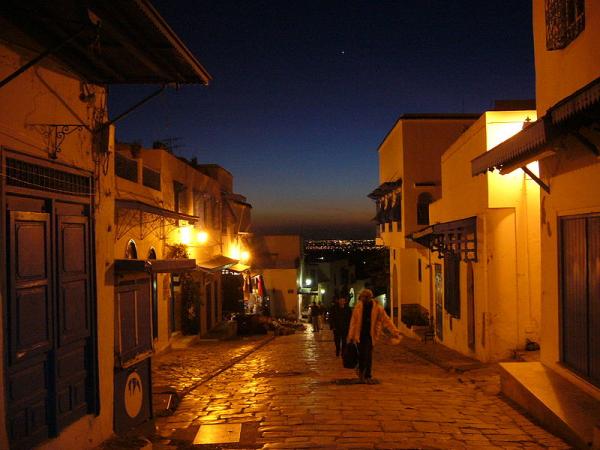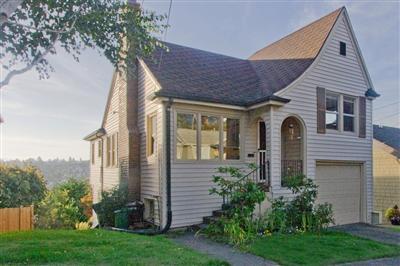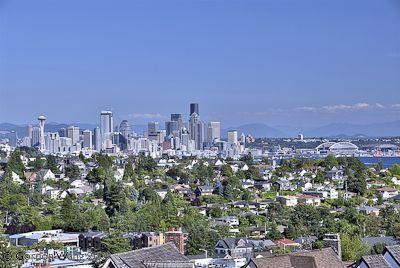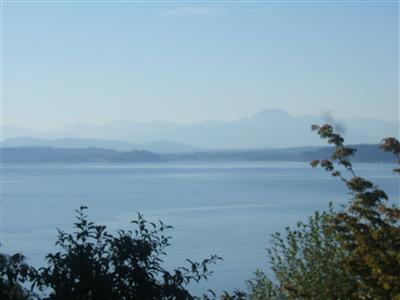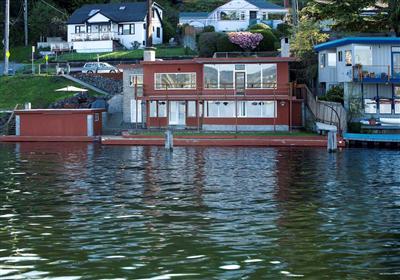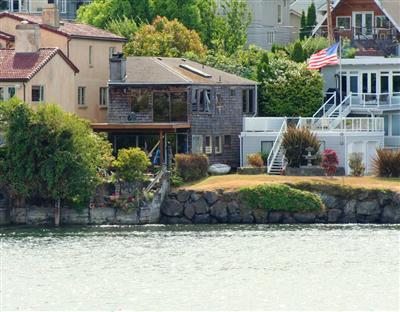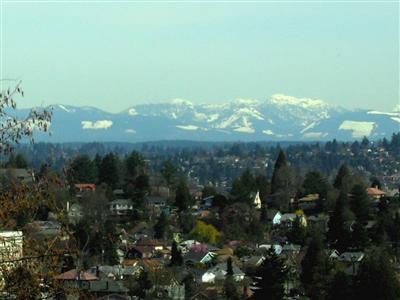| < | Wavepacket Blog only displaying 'predictions' posts |
> |
| << Newer entries << | |
| 2011 | |
| January | |
| Thu Jan 27 22:35:37 2011 Upheavals in the Middle East |
|
| 2010 | |
| August | |
| Mon Aug 30 21:29:19 2010 Prediction Checkpoint 2 |
|
| Mon Aug 16 22:19:31 2010 Prediction Checkpoint 1 |
|
| >> Older entries >> | |
| >> links >> | |
| Thu Jan 27 22:35:37 2011 Upheavals in the Middle East How will this all work out? |
|||||||||||||||||
| One of my favorite trips ever was a
2001 trip to Tunisia, almost ten years ago exactly. At the time, it struck me as almost the perfect
country: a perfect climate, beautiful seashores, a range of terrain including mountains and
deserts, great people, great food, and fun driving.
And there were amazing Roman ruins scattered throughout the country. Most of all, I was impressed by the people. I was a westerner travelling alone in a predominantly Muslim country (this was pre-9/11), but I really never felt uncomfortable, especially once I was out of the grittier parts of Tunis. The countryside was beautiful, and the people were generous and friendly. It reminded me more than any other trip how alike people really are, no matter the country. Now, of course, Tunisia is in the news due to the recent riots and general unrest that caused the downfall of the regime and the flight of their President. Even in 2001, I noticed that Ben Ali wasn't much liked:
And I also noticed the unemployment and dissatisfaction, which a fellow traveler Smith and I commented on:
Well, it looks like people stopped drinking and smoking. And now the Tunisian disturbance has spread to Egypt and Yemen at least. How far will this go, and where will it end? Hopefully this will end up with all of the repressive governments of the Middle East being replaced by more representative governments that respect individual rights and freedom of expression. But I don't think it will. Instead, I think only a few countries--the poorest ones--will see revolts. Egypt, Yemen, and Tunisia are obvious candidates. Countries with a lot of oil--and oil money--likely won't see these sorts of uprisings, since they have more content citizens, and larger security forces. So the richer repressive governments will be fine. Even in the countries that do revolt, will democracy take root? Will we see a flourishing of individual rights and freedoms in the Middle East? Again, I hope so, but I wouldn't bet on it. The main reason I don't think so is that these riots are creating power vacuums. There is no credible democratic opposition in Tunisia, Yemen, or Egypt. Instead, various fringe power groups will try to take control. Even worse, Western countries have a poor image in these countries, and many of the hated regimes had at various points attempted to Westernize. So a shift to supposedly "western" values such as individual rights or democracy could easily be twisted by demagogues to appear as non-patriotic! This problem of a power vacuum was first really studied during the French Revolution. In fact, the French Revolution was studied and used as a template for action by the Bolsheviks when they seized power after the Russian Revolution of 1917. The result of the French Revolution? The Reign of Terror, culminating in Bonaparte's dictatorship. It took many years--a generation--before the Republic gained its footing. The result of the Russian Revolution? The Red Terror and Communism, which didn't really fall until 1990. In fact, there are very few examples of revolutions leading to democracies that champion individual rights, and they all seemed to involve politically powerful or influential pro-democatric factions involved from the start. So I am not optimistic about prospects for democracy and individual freedoms in the Middle East in the near term. There is one chief learning through all of this that I hope pro-democracy countries take note of. That is the role of the Internet in the upheavals. It was the ability of people to communicate events and plan across entire countries at once that made the uprisings so effective and total. I've had this crazy idea for a while, so I'll mention it now: pro-democracy countries should fund smartphone networks that cover repressive autocracies. We (the world's pro-freedom countries) should build out the networks, and provide hardware, for citizens of countries who are denied freedom of speech. We could even give away the smartphones to citizens for free, through airdrops or other delivery methods. We'd want to ensure that the majority of the smart phones reached real citizens, and not the regime. And our control of the network would mean that citizens could communicate with each other and the rest of the world without the regime intercepting, blocking, or listening to the messages. This would cost billions, but would be far cheaper than troops on the ground, and maybe more effective. It is also a beautiful asymmetric attack. If a repressive regime retaliated by building a free smart phone network for us, I think we would welcome it. Tell your congressman about this idea. We should give away smart phones and operate networks that cover the world's repressive regimes! But in the meantime, pray for the people of the countries that are rioting, and hope they get better governments than what they have now. I think the best action we as outsiders can take is to ensure that all of those involved are able to communicate with each other and the outside world. Comments |
Related: economics geopolitics > predictions < Unrelated: books energy environment lists mathematics science |
||||||||||||||||
| Mon Aug 30 21:29:19 2010 Prediction Checkpoint 2 How did I do on real estate? |
|||||||||||||||||
| In an earlier entry (
Prediction Checkpoint 1) I reviewed many of my blog predictions to date. My score? Roughly 7 out of 12--just
better than 50%.
But that wasn't all of my predictions. In a blog post from last year ( The Dream Tour) I toured several properties and guessed what they would sell for. How did I do with my real estate predictions? So I think I got this one wrong. It went for less than I expected.
Final sale price: $720K. I think I got that one right!
but I didn't actually quote a sales price. It sold for $450K. So I'll count this one as a miss.
Sales price? $715K. So I think I got this one right.
The actual sales price? $575K. So I'll say I got this one right too.
The sales price? $450K. I'll count that as a correct guess (I was within one dollar!). It sold for $315K, so I'll count that one as a miss.
So I'll just not count that one. It hasn't sold, so I can't claim I was right, but the price is definitely dropping, as I predicted.
Final sales price? $575K. So I'll say I got that one right!
Again, I won't count this one at all, since it hasn't sold. But the price is coming down! By the way, this could be an amazing property! According to the listing, "The Seller is motivated and will finance...". If the foundations are okay this is really worth a look! So I won't quit my day job just yet, but I'm still batting over 50% on my predictions! Comments |
Related: > predictions < lists Unrelated: books economics energy environment geopolitics mathematics science |
||||||||||||||||
| Mon Aug 16 22:19:31 2010 Prediction Checkpoint 1 How am I doing after over 2 years of predictions? |
|||||||||||||||||
| I've been making a lot of predictions over the past two years! I thought I
would look back and see how I did. I force myself to make predictions because,
even if wrong, I'll usually figure out why I was wrong. In fact, the
predictions I got wrong are probably the most interesting.
There were a lot of predictions, so this is part 1. In The Great Stagflation of 2008 (March 2008), I predicted a few years of stagflation (weak or no economic growth even with low interest rates), and I was right. I was also right about gas prices: I made the bold prediction that we'd see gas for over $4.50 a gallon by 2010, when in fact we saw those prices later in 2008! However, then in Gas Prices (June 2008), I predicted gas prices of $6 per gallon in 2008 (!). Obviously I got that one wrong. Why did I get it wrong? Because the economic downturn started kicking in, and gas consumption dropped. And according to the supply and demand curve, when demand drops given constant supply, prices will drop. What did I learn from this wrong prediction? Spikes in gas prices will usually be followed by economic contraction, which in turn result in lower demand. Don't get me wrong, I still think gas prices will rise. But it will probably be a series of spikes and recessions, rather than an unbroken upward climb. In The S-Word (July 2008), I predicted that the Federal Reserve would flounder along with low interest rates rather than slowly raising rates to protect the dollar. This was a mixed result. I was right about the Federal Reserve: it has kept rates low. But I was wrong about the dollar: we haven't see huge inflation or a weakening of the dollar against other currencies. Why was I wrong about the dollar weakening? Lending has slowed so much that even with low interest rates, we haven't seen the extravagant spending that can cause inflation. And other countries are also having economic problems, so the dollar has remained stable (although see below for more predictions about the dollar vs. other currencies). In one of my worst predictions ever, I said that Congress wouldn't support a big bailout of investment banks ( Just say No). But that was just the first vote. On the next day, Congress approved TARP. Ooops. And I also said: the FDIC will continue to take possession of troubled banks (right), the Federal Reserve will keep open its line of cheap credit for financial institutions (right), a few more financial institutions will collapse (right), and the economy would stay flat until March 2009 (spectacularly wrong!). Why was I wrong about TARP? I don't know. Congress chose to give lots of money to failed investment bankers, when that money could have been used in other ways. I still don't get that. Why was I wrong about the depth of the recession? I underestimated the impact of the housing and investment banking collapse on spending. Next time, I'll do more research on spending data before making predictions like that! In The Healthcare Debate (September 2009), I predicted that Congress would eventually pass a watered-down version of healthcare reform that increased coverage, at higher expense, but wouldn't actually fix the underlying economic problems. I was right! In The 2009-2010 Winter Forecast (October 2009), I predicted less than 450 inches of snow at Mt Baker for the 2009-2010 ski season. The result? WRONG. Baker got 634 inches. And that was a bad year. What did I learn about a bad snow prediction for Mt. Baker? Mt. Baker rocks. So those were the predictions I've made so far that I could measure. The tally so far? 7 right and 5 wrong. I'm happy with a better-than-50-percent hit rate! There were a few predictions that we won't know for a while. In Peak Oil, I predicted gas at $10 a gallon by 2018, and nationwide gasoline rationing by 2023. You heard it here first. Also, in TV Shows are Dead, I made several predictions about what will happen to television. But again, those are farther out (maybe by 2014 or 2015). Comments |
Related: > predictions < lists Unrelated: books economics energy environment geopolitics mathematics science |
||||||||||||||||
| Links: |  |
Blog Directory | Blog Blog | Technorati Profile | Strange Attractor |
